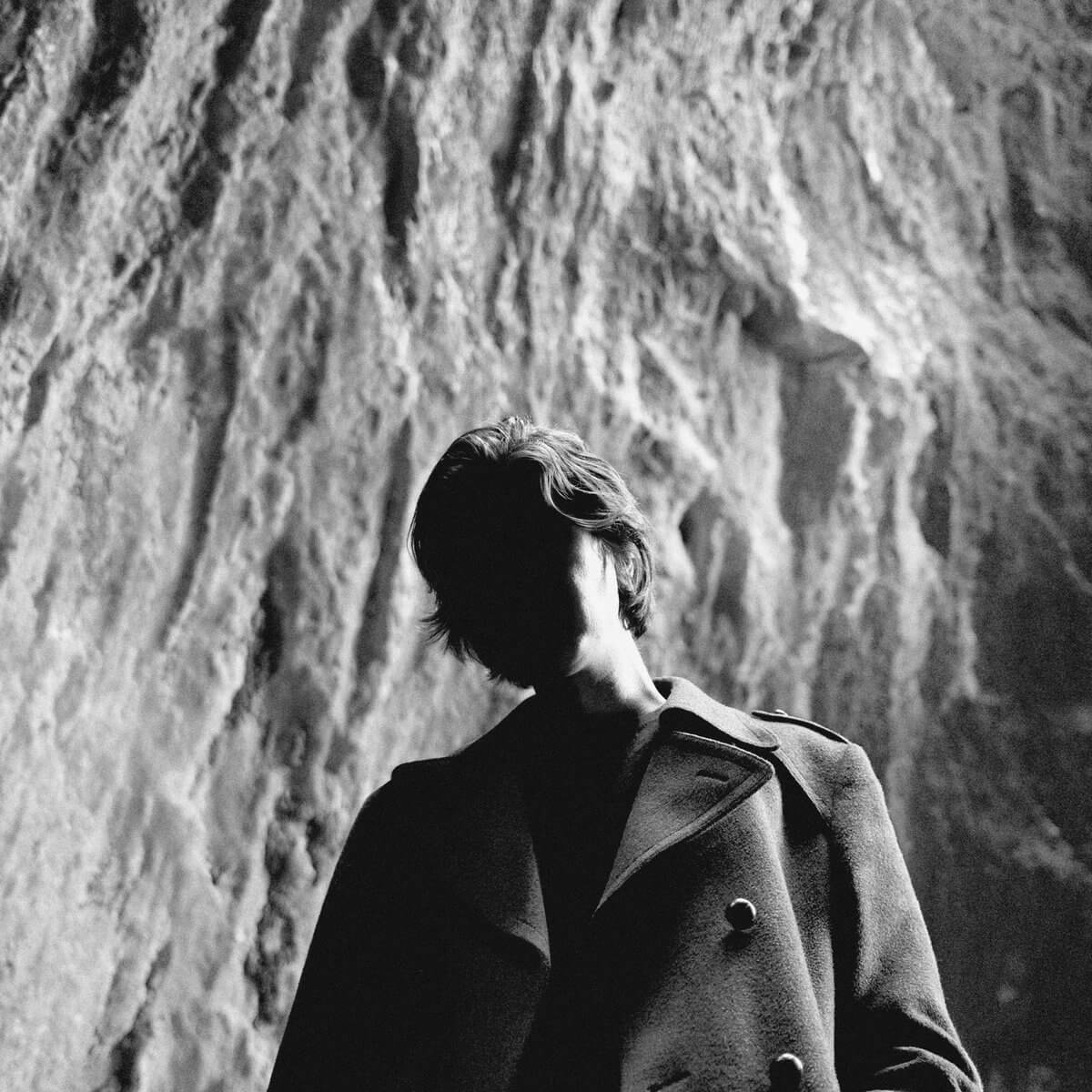
7.9
Hrudja
Massimo Silverio
Usually, it’s just a formality to begin a review with biographical facts, but in this case, it plays a crucial role. Massimo Silverio was born in Cercivento, a small comune in the Italian region of Friuli-Venezia Giulia, home to about seven hundred citizens. Inspired by the native language of his grandparents, he decided to write and sing in Carnic (sometimes classified as a dialect of Friulian), with only a few inclusions of English. And, against the backdrop of bona fide stars like Rosalía, Christine and the Queens, and Bad Bunny, who celebrate their native languages, his choice sounds very timely and relevant.
Thanks to Carnic, “Hrudja” sounds extremely mystical and poetic from the get-go, and also very dark and melancholic. In its use of the native language and its somber atmosphere, it reminds us of PJ Harvey’s “Inside the Old Year Dying,” recorded in her born-Dorset dialect. Silverio managed to pack his roots into a self-sufficient offering, gracefully soaring on the verge of old traditions and contemporary sonics. As it works with blockbusters and books, covers and originals, remakes and initial versions, Massimo adopts a modern approach to build a bridge between modernity and antiquity, trends and traditions, entertainment and drama, hopefulness and darkness.
In “Colâ” and “Nijò,” we can hear that Massimo has a lot in common with Radiohead (especially with “A Moon Shaped Pool”), but in contrast to their endless hopelessness and fury, he consistently chooses to stay on a more restrained and refined side, borrowing from them only their atmosphere and Thom Yorke’s desperate croons. His wistful vocals also evoke memories of Jeff Buckley’s fluid and enchanting voice, yet he goes further and deeper underground, under the skin of listeners — stopping just a few steps short of Elliott Smith’s melancholy and hopelessness (“Piel”).
Balancing between folk, gothic, and almost ambient and industrial tunes, Silverio manages to sound very punk rock-ish, which was quickly recognized by his godfather (not Massimo’s, of course) — Iggy Pop competently included his single “Nijò” in his show on BBC Radio 6 Music alongside Yeule and Grinderman. And for good reason. At times, “Hrudja” even gives out such an industrial sound, blended with razor-sharp arrangements and highly poetic imagery, which put it in somewhere between NIN’s dark and atmospheric noises and the pastoral landscapes of Beirut’s “Hadsel”.
The mainstream ear, accustomed to English lyrics and common pop beats, often fails to appreciate music in minority languages, especially if it’s so dark and nonconformist. Even if it’s really good. It’s like the Academy Award for Best International Feature Film, known until 2020 as Best Foreign Language Film — yeah, it’s really deep and thoughtful auteur cinema, but what about another blockbuster with Tom Cruise jumping off a cliff on a motorcycle?
However, Massimo has managed to make the sound of his homeland more understandable and attractive to the average listener.
They say Pier Paolo Pasolini was a big fan of the Carnic language. Someone even claims that he considered it “a pure language for poetry.” If that’s true, he was definitely close to verity. The world isn’t familiar with famous poets who wrote in Carnic, but thanks to Massimo Silverio, now we know that it sounds very poetic.
order Hrudja by Massimo Silverio HERE
Latest Reviews
Tracks
Related Albums
Related News
Sorry, we couldn't find any posts. Please try a different search.
Advertisement
Looking for something new to listen to?
Sign up to our all-new newsletter for top-notch reviews, news, videos and playlists.





